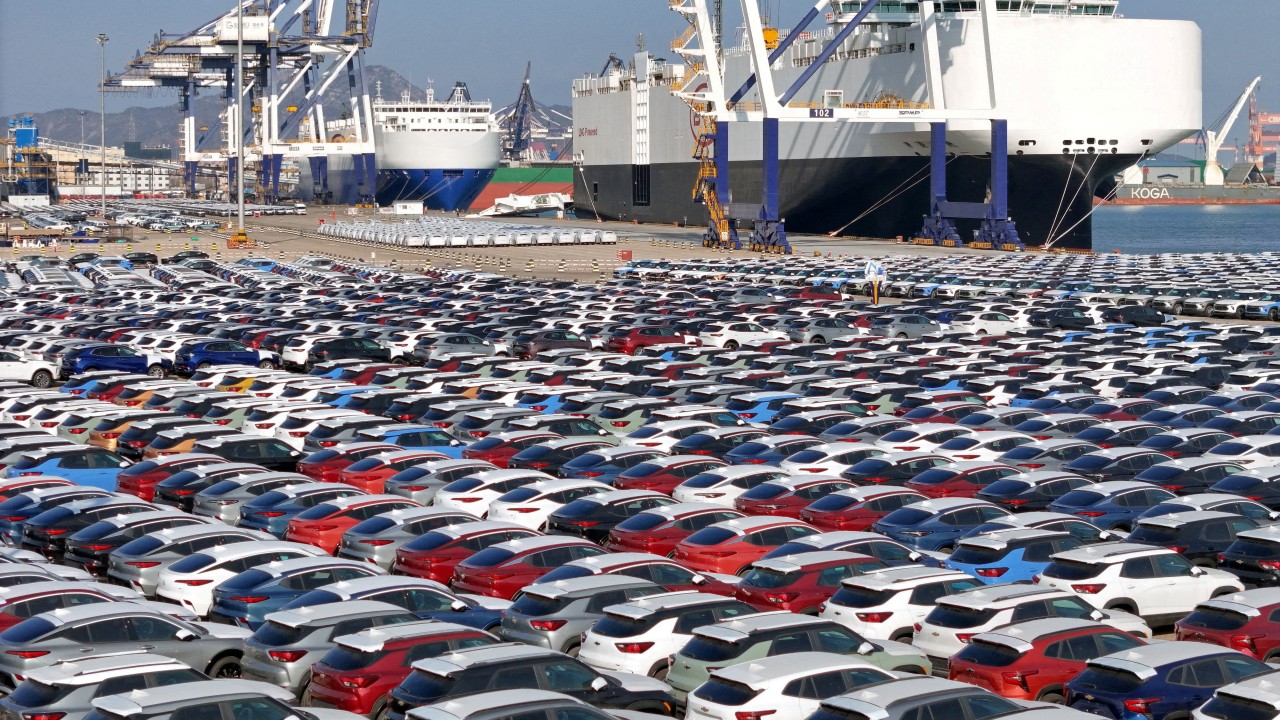
Hong Kong stocks declined in early trade on Friday as investors were rattled by uncertainties brought on by a weakened yuan, which hovered at seven-month lows, and geopolitical tensions between China and the West.
The Hang Seng Index dropped 1.3 per cent to 18099.09 at 10.30am local time. The Hang Seng Tech Index declined 1.5 per cent, while Shanghai Composite Index was down 0.2 per cent.
The yuan continued to weaken against US dollar after the People’s Bank of China set the fixing at 7.1196 on Friday following the currency fall overnight to its lowest since November.
“Depreciation pressure on the yuan will likely remain in the near-term until there are stronger signals of a broader dollar weakening trend emerging,” said Lynn Song, ING’s chief economist for Greater China.
Traders are also tracking the heightened global trade tensions after reports of Canada planning additional tariffs on Chinese-made electric vehicles, following similar action taken by the US and the European Union.
Technology giants’ share traded lower as Meituan dropped 1.8 per cent to HK$117.8, Alibaba dipped 1.5 per cent to HK$72.3, and Tencent edged down 1.2 per cent to HK$382.8.
SOE stocks also retreated from their highs struck on Thursday, and CNOOC led the decline, falling 2.1 per cent to HK$23.
Some analysts are cautiously optimistic about Hong Kong equities in the second half of this year, as they expect stocks to build on the rally that has been driven by Beijing’s ongoing capital market reforms.
“While the benchmark index recently fell back to the short-term channel amid market pullbacks, it appears to have found support at the lower trendline, indicating that the market uptrend will continue in the short term,” Patrick Pan, strategist at Daiwa Capital Markets, wrote in a note. He pointed that China equities will remain investible due to a more resolute macro policy shift by China’s policymakers, a slightly more positive economic outlook, the Federal Reserve’s policy pivot and the declining relative strength of external stock markets.
Other key Asian markets were little changed. Japan’s Nikkei 225 rose 0.3 per cent and Australia’s S&P/ASX 200 edged up 0.1 per cent, while South Korea’s Kospi declined 1.0 per cent.

